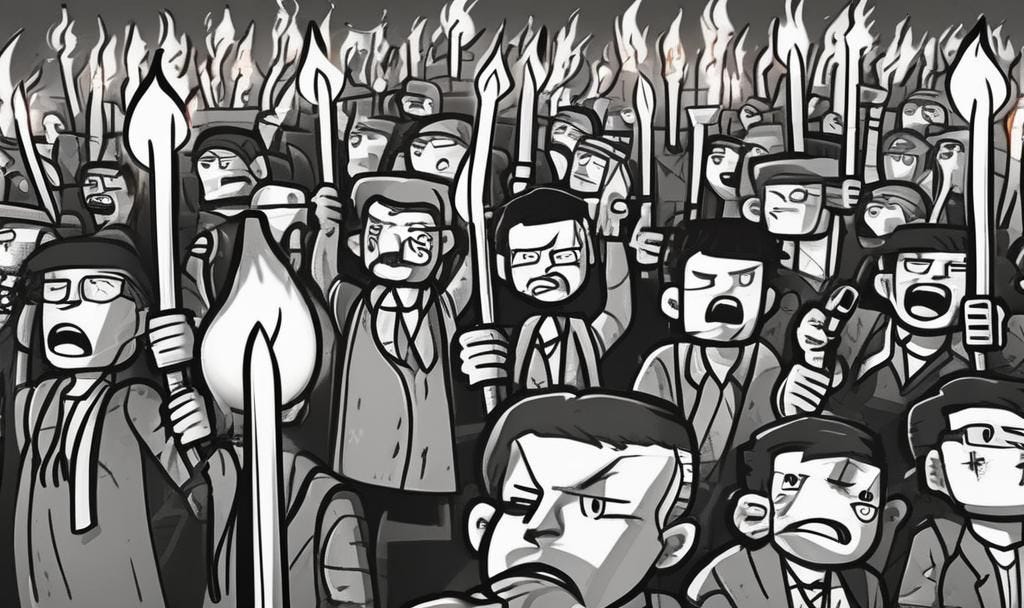It’s not 2020 anymore!
Peak Woke is over!
Plenty of people across the political spectrum have made such declarations recently. They invite us to reflect on the bygone days of cancel culture: A speaker says something. The mob interprets it with zero charity, and the public shaming ritual begins.
The heretic grovels and apologizes, bu…
Keep reading with a 7-day free trial
Subscribe to Shiny Herd to keep reading this post and get 7 days of free access to the full post archives.





